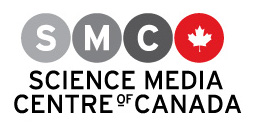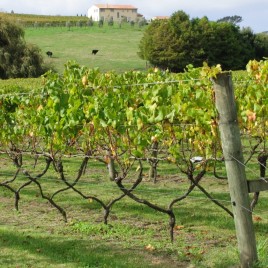Over-harvesting top level predators from the oceans and coastal habitats could have far-reaching consequences on the carbon cycle and diminish our ability to offset climate change.
Coastal vegetation, such as seagrasses and mangroves, are more efficient at capturing and storing carbon than tropical rainforests, and account for more than half of the ocean’s carbon storage despite occupying less than one per cent of the seafloor. This so called “blue” carbon can be stored in the oceans for millennia, however when the population of fish who feed on the grasses increases, more carbon is released.
If predatory fish and crab are over-fished, more herbivorous fish survive and the population explodes. As an example the researchers point to the over-harvesting of predatory fish and crab in the salt marshes of Cape Cod, Massachusetts; the over-harvesting triggered a die-off in the marsh and major erosion, causing hundreds of years of trapped carbon to disappear into the atmosphere.
Original research paper published in Nature Climate Change on September 28, 2015.
Names and affiliations of selected author


